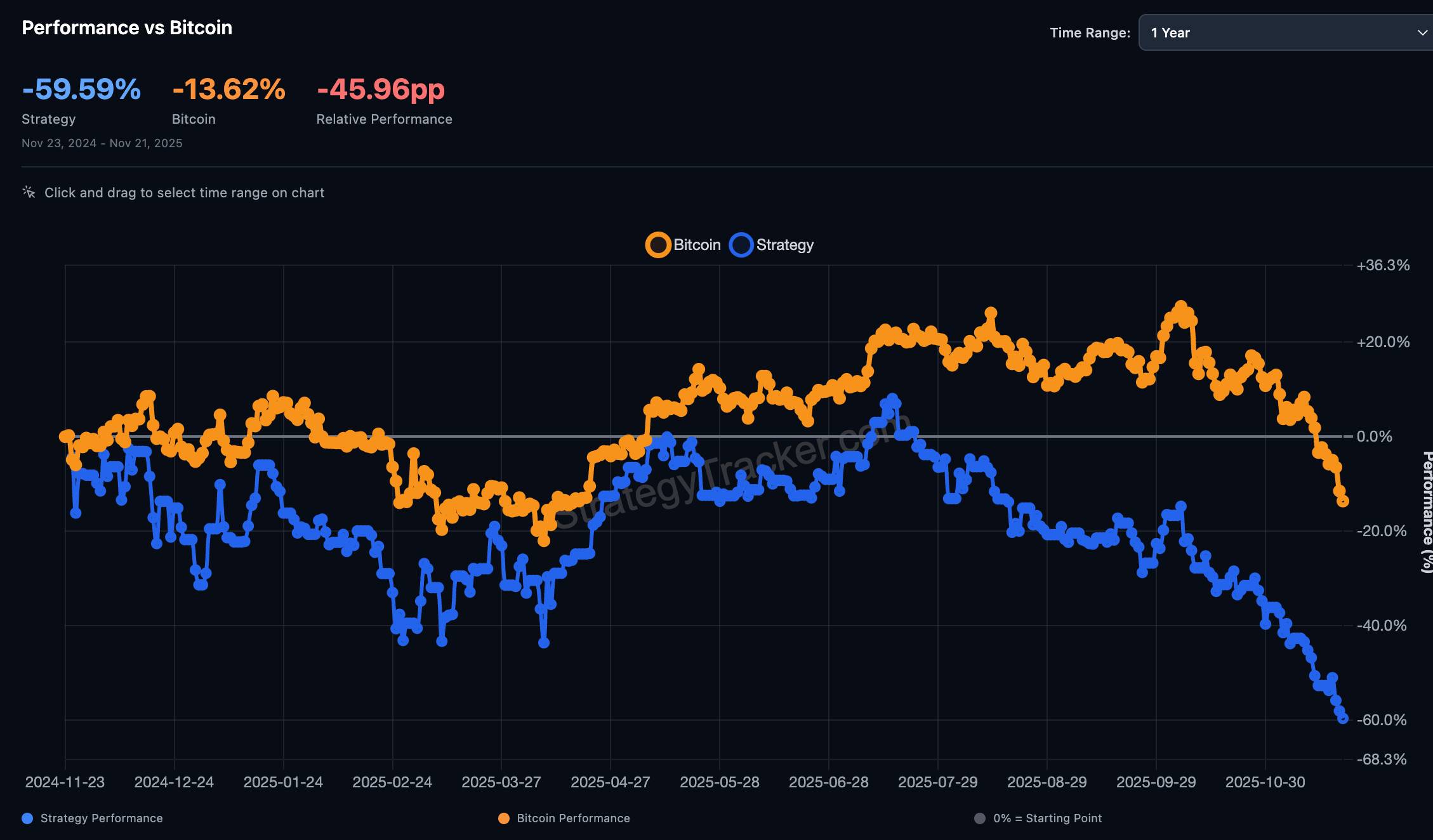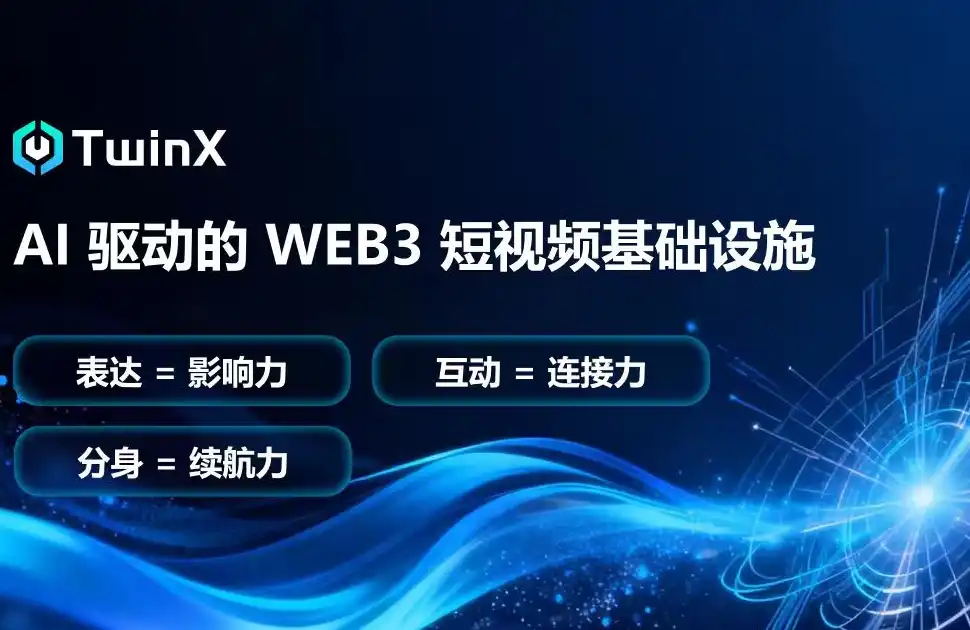Prometheum soft-launches ether custody services, treating it as a security
Controversial digital asset firm Prometheum has soft-launched ether custody services with a small group of companies.Prometheum plans to fully launch custody services by the first week of June.
Prometheum originally planned on offering the service in the first quarter of 2024, having selected ether as the first digital asset for its crypto custodial services in February. However, it soft-launched the product with an unnamed small group of companies on Friday and intends to fully launch custody services in June, Fortune first reported on Monday, confirmed by The Block. Prometheum co-CEO Aaron Kaplan reportedly told the outlet that trading services would begin within a quarter.
“It eliminates a lot of the arguments that things can’t be done under existing laws,” Kaplan told Fortune. “It marks the first time that…an investment contract digital asset security is being custodied and treated under the securities laws.”
Institutional clients such as asset management firms, hedge funds, banks and registered investment advisors are among the firm’s target customers. It also intends to expand services to retail clients in 2024, The Block previously reported .
The Financial Industry Regulatory Authority (FINRA) allowed the firm to provide crypto clearing and settlement services via a special purpose broker-dealer license in December. The SEC gave Prometheum that license in May 2023.
Prometheum's controversial stance on crypto
After obtaining its license from the SEC, Prometheum quickly drew the ire of the blockchain industry, the majority of which suggests cryptocurrencies should not be treated as securities, taking the contrarian view that a clear legal path for crypto in the U.S. already exists by operating custodial and trading services under separate entities with approval from the SEC and FINRA.
Prometheum's move comes as the SEC has consistently warned that crypto exchanges need to register with the agency. Over the past year, it charged Coinbase, Binance and Kraken for allegedly operating as an unregistered exchange, broker, dealer and clearinghouse. Meanwhile, crypto firms have argued it's not possible to register with the agency.
SEC Chair Gary Gensler has hinted that ether could be a security while Commodity Futures Trading Commission Chair Rostin Behnam has said it would be a commodity, causing some confusion in the industry. Prometheum's foray into ether could force the SEC to make a decision, Fortune previously reported .
In March, Republicans led by House Financial Services Committee Chair Patrick McHenry (R-N.C.) and House Agriculture Committee Glenn Thompson (R-PA) said the SEC must first decide if ether is a security for Prometheum to custody it.
Last week, a newly-unearthed filing showed the SEC was potentially considering ether a security in likely spot Ethereum ETH +0.21% ETF denials this week, exacerbating concerns after the SEC issued a Wells notice against Ethereum ecosystem developer Consensys in April.
Disclaimer: The content of this article solely reflects the author's opinion and does not represent the platform in any capacity. This article is not intended to serve as a reference for making investment decisions.
You may also like
$8.8 billion outflow countdown: MSTR is becoming the abandoned child of global index funds
The final result will be revealed on January 15, 2026, and the market has already started to vote with its feet.

Deconstructing DAT: Beyond mNAV, How to Identify "Real vs. Fake HODLing"?
There is only one iron rule for investing in DAT: ignore premium bubbles and only invest in those with a genuine flywheel of continuously increasing "crypto per share."

Empowered by AI Avatars, How Does TwinX Create Immersive Interaction and a Value Closed Loop?
1. **Challenges in the Creator Economy**: Web2 content platforms suffer from issues such as opaque algorithms, non-transparent distribution, unclear commission rates, and high costs for fan migration, making it difficult for creators to control their own data and earnings. 2. **Integration of AI and Web3**: The development of AI technology, especially AI Avatar technology, combined with Web3's exploration of the creator economy, offers new solutions aimed at breaking the control of centralized platforms and reconstructing content production and value distribution. 3. **Positioning of the TwinX Platform**: TwinX is an AI-driven Web3 short video social platform that aims to reconstruct content, interaction, and value distribution through AI avatars, immersive interactions, and a decentralized value system, enabling creators to own their data and income. 4. **Core Features of TwinX**: These include AI avatar technology, which allows creators to generate a learnable, configurable, and sustainably operable "second persona", as well as a closed-loop commercialization pathway that integrates content creation, interaction, and monetization. 5. **Web3 Characteristics**: TwinX embodies the assetization and co-governance features of Web3. It utilizes blockchain to confirm and record interactive behaviors, turning user activities into traceable assets, and enables participants to engage in platform governance through tokens, thus integrating the creator economy with community governance.

Aster CEO explains in detail the vision of Aster privacy L1 chain, reshaping the decentralized trading experience
Aster is set to launch a privacy-focused Layer 1 (L1) public chain, along with detailed plans for token empowerment, global market expansion, and liquidity strategies.

